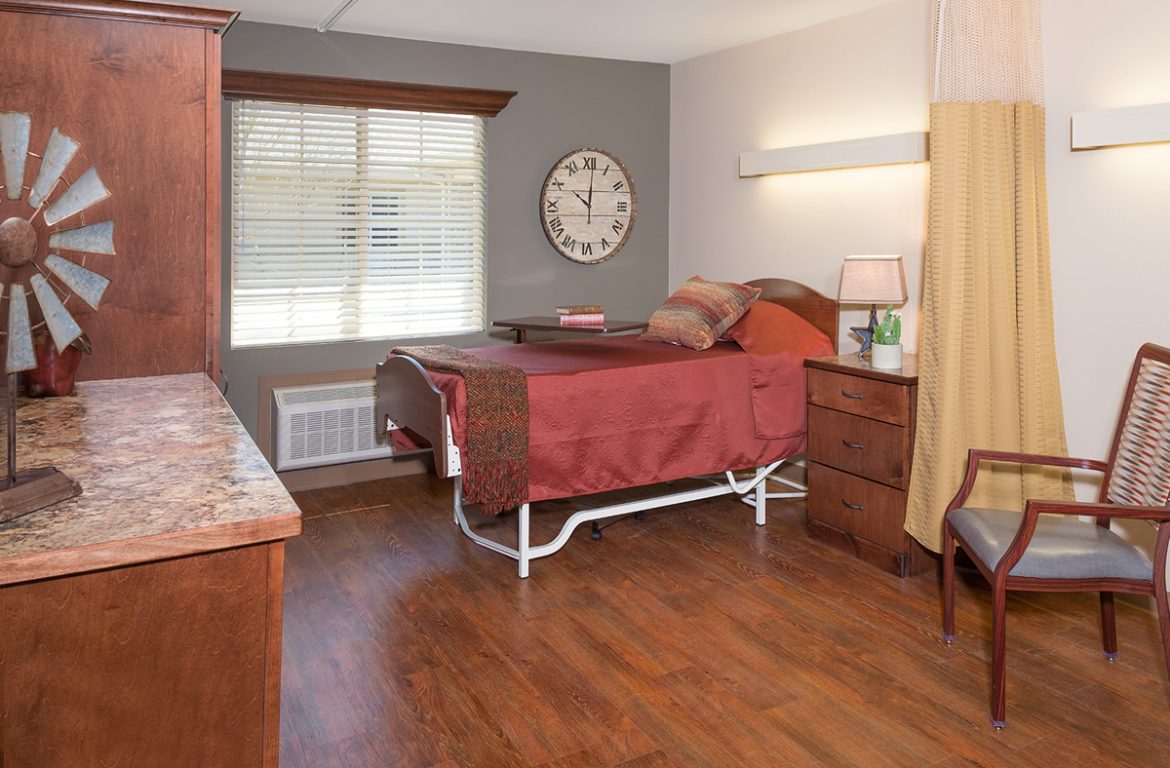Table of Content
Medicaid is a joint federal-state program that provides health insurance coverage to low-income children, seniors, and people with disabilities. In addition, it covers long-term care for those who qualify. This coverage has traditionally meant care in a nursing home, although coverage of care in an assisted living facility or at home are possible . The exact services that Medicaid covers will vary by state and the specific program a senior enrolls in. All states offer some degree of personal care services , but the ways in which they are administered differ widely.

It is often the case that a married person needs nursing home care but their spouse will continue to live in the community and will need income to live on. Medicaid coverage amounts may vary from state to state, depending on the demand for nursing home care coverage. For example, the average cost of nursing home care in the state of California is on the higher end at $304 a day, compared to Texas at $165. This greatly impacts the coverage and benefits you can receive from Medicaid to offset the costs of nursing home care. Very low-income seniors will receive Medicaid insurance instead of Medicare.
What Happens when Medicare Stops Paying for Nursing Home Care?
Because individual states manage their own Medicaid programs, the extent of coverage depends on your facility's location. For example, different states might cover routine dental services or have higher cost allowances. The federal government does require Medicaid-certified nursing homes to provide the same minimum services. All 50 states offer Medicaid, but nursing home services, cost coverage, and eligibility requirements vary widely by state.
In 2022, the nationwide average private payer pays approximately $255 / day for nursing home care while Medicaid pays approximately $206 / day. How does one find the nursing home for their loved one that will be the most beneficial and the least disruptive to routine? Many people ask, how do I find a skilled nursing facility near me? Or, those who are recovering from an illness or stroke may be wondering, how do I find a convalescent home near me?
How Much Do Nursing Homes Cost?
It is estimated that between 80% and 90% of nursing homes accept Medicaid. While this percentage sounds high, these percentages are very misleading. Nursing homes may accept Medicaid, but often have a limited number of “Medicaid beds”.
Besides income, your assets will be counted toward meeting eligibility requirements. Countable assets include checking and savings account balances, CDs, stocks, and bonds. Nursing Home Compare allows consumers to compare information about nursing homes. It contains quality of care and staffing information for all 15,000 plus Medicare- and Medicaid-participating nursing homes. Medicare and Medicaid plan pricing, coverage, and provider networks can change on an annual basis, so be sure to review your selections every year for the best rates. Both Eldercare and Medicare’s websites also have databases that you can access, and they have amassed a large network of providers and care facilities.
What does Medicaid cover?
Nursing homes generally offer a doctor and nurse on staff at all times, access to hospitals and medical equipment, locked doors, and alarms. In an assisted living center, these security measures as not needed for all patients and residents as in a nursing home. Determining how Medicaid and Medicare help cover senior living can be a challenge for most seniors and their families.

“Medicaid beds” are rooms, or more likely shared rooms, that are available to persons whose care will be paid for by Medicaid. Nursing homes prefer residents that are “private pay”, meaning the family pays the cost out-of-pocket. This is because private pay residents pay approximately 25% more for nursing home care than Medicaid pays.
Though not everyone qualifies for these programs, many individuals do potentially reducing their senior care costs. Upon becoming eligible for Medicaid, all of the applicants income must be used to pay for the nursing home where the applicant resides. However, you may be allowed to keep a monthly allowance and a deduction for medical needs, such as private health insurance. The amount of the allowance varies depending on your living arrangements, type of nursing facility, and state rules. If you are married, an allowance may be made for the spouse still living in the home. Medicaid can potentially pay for a nursing home and cover certain services pending financial eligibility and whether the service is deemed medically necessary.
Those with declining health, poor recovery from surgery and bone replacements, and patients with speech impediments also find safety in the care within a professional nursing home. Those suffering from severe illnesses are also admitted in nursing homes to better assure the patient is cared for and the living conditions are safe. Keep reading to find out where you can find nursing homes that accept Medicare and Medicaid, what they pay for, and how to qualify. Enter your ZIP code into our free and easy-to-use tool to get started by comparing quotes in your area today. Some states allow one to meet the income limit via a medically needy pathway, which allows persons to spend “excess” income on medical expenses. The name of this program varies by state, but essentially it is a “spend down” program.
This includes the routine, sometimes “unskilled” services like help with bathing, dressing, or bathroom use. Medicare may cover a limited number of services within nursing homes for patients who meet specific criteria. Original Medicare only pays for nursing home care up to 100 days maximum .

Understanding the costs of nursing homes, and what is and isn’t covered under each plan, will help you determine which plan is right for you and your family. It’s in your best interest to know your long-term care options. When Medicare stops paying, you’ll need to apply for different HMO health insurance plans or PPO insurance. This will depend on the plan you choose and how long the rehabilitation stay is.
Any third party contributor to any such profile, article or video has been compensated by SeniorLiving.org for such contribution. Further, SeniorLiving.org shall not be liable for any informational error or for any action taken in reliance on information contained herein. Ask friends, family, and colleagues you trust if they or their family members have had good experiences with a particular nursing home. If you have a preexisting condition, ask if coverage is limited or more expensive. Hospital-related medical condition treated during a qualifying stay.

US Insurance Agents works hard to provide our users with a fast and simple way to get and compare insurance rates for multiple lines of insurance. A physician will determine your daily care needs and treat any hospital-related medical condition during the qualified stay. If you can’t afford private care, know that there are also alternative financing options you can apply for. Being Medicaid eligible and finding a Medicaid nursing home is often not enough to move a loved one in. The content, including without limitation any viewpoint or opinion in any profile, article or video, contained on this website is for informational purposes only.

No comments:
Post a Comment